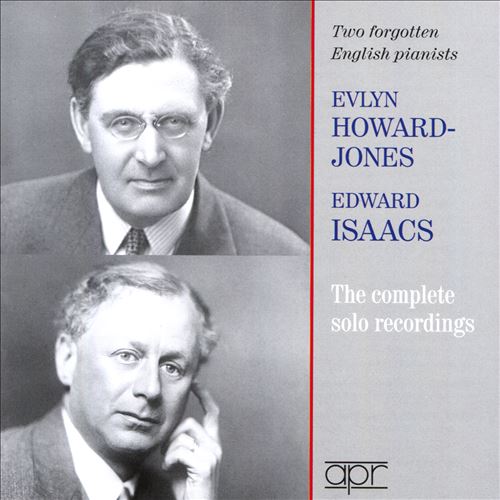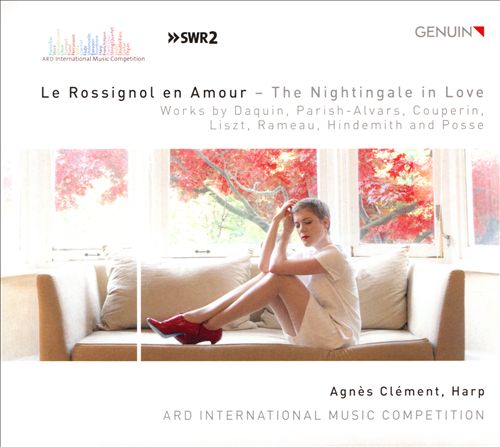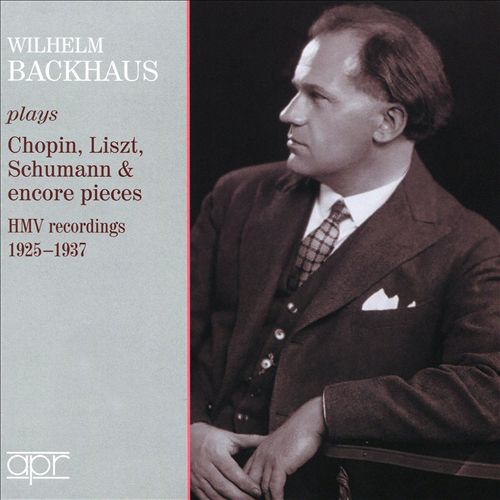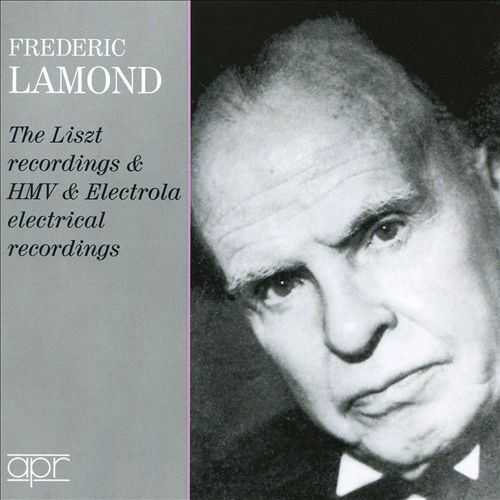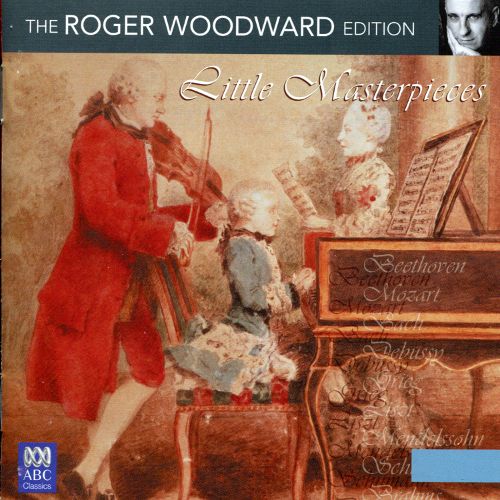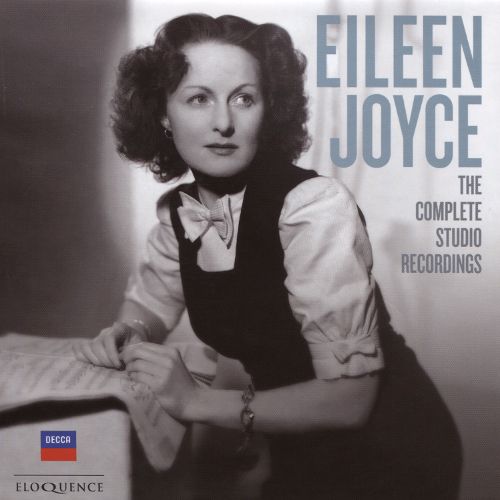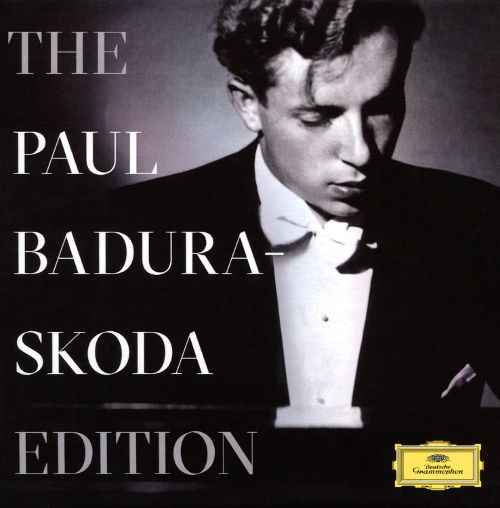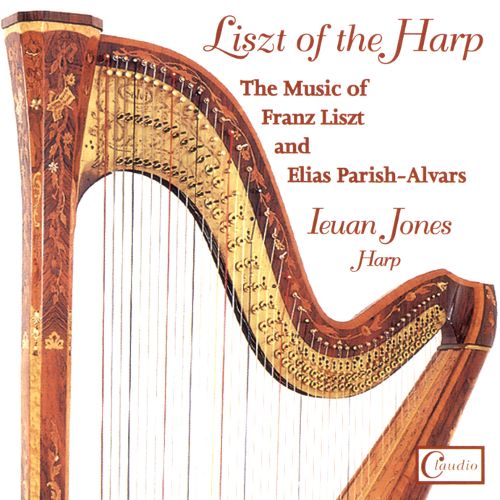Franz Liszt (프란츠 리스트)
Liebesträume No. 3 in A flat major "O Lieb, so lang du lieben kannst", S. 541/3
100
10,000
1,400
WORK INFO
Liebesträume (German for Dreams of Love) is a set of three solo piano works (S.541/R.211) by Franz Liszt, published in 1850. Originally the three Liebesträume were conceived as lieder after poems by Ludwig Uhland and Ferdinand Freiligrath. In 1850, two versions appeared simultaneously as a set of songs for high voice and piano, and as transcriptions for piano two-hands. The two poems by Uhland and the one by Freiligrath depict three different forms of love. Uhland's Hohe Liebe (exalted love) is saintly or religious love: the "martyr" renounces worldly love and "heaven has opened its gates". The second song Seliger Tod (blessed death) is often known by its first line ("Gestorben war ich", "I had died"), and evokes erotic love; "dead" could be a metaphor here referring to what is known as "la petite mort" in French ("I was dead from love's bliss; I lay buried in her arms; I was wakened by her kisses; I saw heaven in her eyes"). Freiligrath's poem for the famous third Notturno is about unconditional mature love ("Love as long as you can!", "O lieb, so lang du lieben kannst").
Liebestraum No. 3 is the last of the three that Liszt wrote, and the most popular, and can be considered as split into three sections, each divided by a fast cadenza requiring dexterous finger work and a very high degree of technical ability.From WIKIPEDIA
RELEASED ALBUMS
-
Kenneth Hamilton plays Liszt, Vol. 2: Salon and StageSeptember 22, 2023
-
ReminiscenceMay 26, 2023
-
Chut! La Nuit me protègeFebruary 24, 2023
-
TristanSeptember 9, 2022
-
Liszt: InspirationsJuly 9, 2021
-
Two Forgotten English Pianists: Evlyn Howard-Jones, Edward Isaacs - The Complete Solo RecordingsJune 18, 2021
-
k[NOW]n PianoMay 7, 2021
-
Wilhelm Backhaus Edition: Recordings 1908-1961April 30, 2021
-
Piano: Liszt - Liebesträume No. 3, S. 541November 20, 2020
-
Prodiges, Saison 6: Paul Ji, PianoNovember 20, 2020
-
The Lyrical Clarinet, Vol. 3February 7, 2020
-
Romantic Story, Vol. 1May 10, 2019
-
Love and DeathMay 3, 2019
-
Love and Death: Liebestraum No. 3April 26, 2019
-
Le Rossignol en Amour (The Nightingale in Love)March 15, 2019
-
Wilhelm Backhaus plays Chopin, Liszt, Schumann & encore pieces: HMV recordings: 1925-1937October 26, 2018
-
The Liszt recordings & HMV & Electrola electrical recordingsSeptember 14, 2018
-
Sviatoslav Richter plays Liszt & ChopinAugust 17, 2018
-
Andrea Bocelli: The Classical CollectionAugust 10, 2018
-
Chopin, Liszt: Solo PianoMarch 30, 2018
-
Little MasterpiecesJanuary 17, 2018
-
Souvenirs: Piano Works by Franz LisztJanuary 5, 2018
-
Eileen Joyce: The Complete Studio RecordingsDecember 1, 2017
-
Romance [Japanese Version]November 22, 2017
-
The Paul Badura-Skoda EditionOctober 20, 2017
-
The Paul Badura-skoda Edition: Solo RecordingsOctober 6, 2017
-
Life, Love & Afterlife: A Liszt RecitalMay 26, 2017
-
Liszt of the Harp: The Music of Franz Liszt and Elias Parish-AlvarsMay 5, 2017
-
The Art of Violin, Vol. 1: Aldo Ferraresi "The Gigli of the Violin" - 1929-1973 Unreleased RecordingsMarch 31, 2017
-
Pearls of Classical MusicJanuary 6, 2017
FEATURED MOVIES
-
 05:46리스트: 사랑의 꿈 3번 A flat장조 "사랑할 수 있는 한 사랑하라" S. 541/3
05:46리스트: 사랑의 꿈 3번 A flat장조 "사랑할 수 있는 한 사랑하라" S. 541/3 -
 04:58리스트: 사랑의 꿈 3번 A flat장조 "사랑할 수 있는 한 사랑하라" S. 541/3
04:58리스트: 사랑의 꿈 3번 A flat장조 "사랑할 수 있는 한 사랑하라" S. 541/3 -
 05:23리스트: 사랑의 꿈 3번 A flat장조 "사랑할 수 있는 한 사랑하라" S. 541/3
05:23리스트: 사랑의 꿈 3번 A flat장조 "사랑할 수 있는 한 사랑하라" S. 541/3 -
 04:25리스트: 사랑의 꿈 3번 A flat장조 "사랑할 수 있는 한 사랑하라" S. 541/3
04:25리스트: 사랑의 꿈 3번 A flat장조 "사랑할 수 있는 한 사랑하라" S. 541/3 -
 05:12리스트: 사랑의 꿈 3번 A flat장조 "사랑할 수 있는 한 사랑하라" S. 541/3
05:12리스트: 사랑의 꿈 3번 A flat장조 "사랑할 수 있는 한 사랑하라" S. 541/3 -
 05:46리스트: 사랑의 꿈 3번 A flat장조 "사랑할 수 있는 한 사랑하라" S. 541/32012
05:46리스트: 사랑의 꿈 3번 A flat장조 "사랑할 수 있는 한 사랑하라" S. 541/32012 -
 04:30리스트: 사랑의 꿈 3번 A flat장조 "사랑할 수 있는 한 사랑하라" S. 541/3
04:30리스트: 사랑의 꿈 3번 A flat장조 "사랑할 수 있는 한 사랑하라" S. 541/3 -
 04:44리스트: 사랑의 꿈 3번 A flat장조 "사랑할 수 있는 한 사랑하라" S. 541/3St Peters Lutheran College Performing Arts Centre
04:44리스트: 사랑의 꿈 3번 A flat장조 "사랑할 수 있는 한 사랑하라" S. 541/3St Peters Lutheran College Performing Arts Centre -
 05:22리스트: 사랑의 꿈 3번 A flat장조 "사랑할 수 있는 한 사랑하라" S. 541/32011.4.4
05:22리스트: 사랑의 꿈 3번 A flat장조 "사랑할 수 있는 한 사랑하라" S. 541/32011.4.4 -
 03:52리스트: 사랑의 꿈 3번 A flat장조 "사랑할 수 있는 한 사랑하라" S. 541/3
03:52리스트: 사랑의 꿈 3번 A flat장조 "사랑할 수 있는 한 사랑하라" S. 541/3 -
 04:58리스트: 사랑의 꿈 3번 A flat장조 "사랑할 수 있는 한 사랑하라" S. 541/3October 12th, 2007
04:58리스트: 사랑의 꿈 3번 A flat장조 "사랑할 수 있는 한 사랑하라" S. 541/3October 12th, 2007 -
 05:42리스트: 사랑의 꿈 3번 A flat장조 "사랑할 수 있는 한 사랑하라" S. 541/3November 25, 2007Paris
05:42리스트: 사랑의 꿈 3번 A flat장조 "사랑할 수 있는 한 사랑하라" S. 541/3November 25, 2007Paris -
 05:40리스트: 사랑의 꿈 3번 A flat장조 "사랑할 수 있는 한 사랑하라" S. 541/32011Hungarian Radio
05:40리스트: 사랑의 꿈 3번 A flat장조 "사랑할 수 있는 한 사랑하라" S. 541/32011Hungarian Radio -
 05:05리스트: 사랑의 꿈 3번 A flat장조 "사랑할 수 있는 한 사랑하라" S. 541/31954
05:05리스트: 사랑의 꿈 3번 A flat장조 "사랑할 수 있는 한 사랑하라" S. 541/31954 -
 06:48리스트: 사랑의 꿈 3번 A flat장조 "사랑할 수 있는 한 사랑하라" S. 541/3March, 2009Rickman Auditorium, Arnold, Missouri USA
06:48리스트: 사랑의 꿈 3번 A flat장조 "사랑할 수 있는 한 사랑하라" S. 541/3March, 2009Rickman Auditorium, Arnold, Missouri USA
ALBUM MUSIC
WORKS SHOUTS







